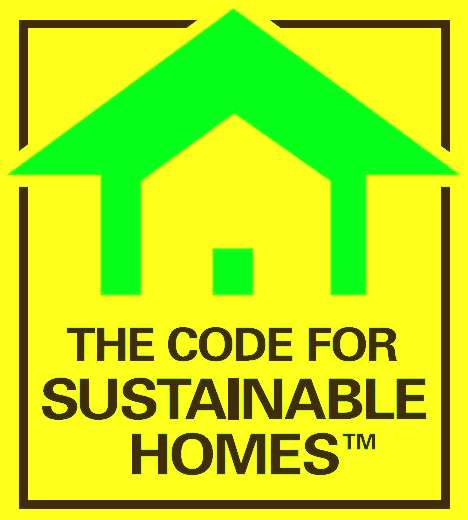|
In law, conveyancing is the transfer of legal title of property from one person to another, or the granting of an encumbrance such as a mortgage or a lien.
The term conveyancing may also be used in the context of the movement of bulk commodities or other products such as water, sewerage, electricity, or gas.
A typical conveyancing transaction contains two major landmarks: the exchange of contracts (whereby equitable title passes) and completion (whereby legal title passes). Conveyancing occurs in three stages: before contract, before completion and after completion. A buyer of real property must ensure that he or she obtains a good and marketable 'title' to the land; i.e., that the seller is the owner, has the right to sell the property, and there is no factor which would impede a mortgage or re-sale.
A system of conveyancing is usually designed to ensure that the buyer secures title to the land together with all the rights that run with the land, and is notified of any restrictions in advance of purchase. In most mature jurisdictions, conveyancing is facilitated by a system of land registration which is designed to encourage reliance on public records and assure purchasers of land that they are taking good title. The systems of public record often have a French background.
In England and Wales, this is usually done by a solicitor or a licensed conveyancer. Either may employ or supervise an unqualified conveyancer. The domestic conveyancing market is price competitive, with a high number of firms of solicitors and conveyancing companies offering a similar service. It is possible for someone to carry out their own conveyancing.
Under English law agreements are not legally binding until contracts are exchanged. This affords both the advantage of freedom before contract, but also the disadvantage of wasted time and expense in the event the deal is not done.
The normal practice is for the buyer to negotiate an agreed price with the seller then organise a survey and have the solicitor (or conveyancer) carry out their searches and pre-contract enquiries. The seller's solicitor or conveyancer will prepare the draft contract to be approved by the buyer's solicitor. The seller's solicitor will also collect and prepare property information to be provided to the buyer's solicitors, in line with the Law Society's National Protocol for domestic conveyancing.
It takes on average 10–12 weeks to complete a conveyancing transaction, but while some transactions are quicker, many take longer. The timescale is determined by a host of factors - legal, personal, social and financial. During this period prior to exchange of contracts (exchange being the point at which the transaction becomes legally-binding) either party can pull out of the transaction at any time and for any reason, with no legal obligation to the other. This gives rise to a risk of gazumping and its converse, gazundering.
Conveyancing has been identified as one of the key targets for companies looking to take advantage of the changes in the law introduced in October 2011, with the introduction of the Legal Services Act. This enables non-lawyers to own law firms, and is a significant threat to solicitors that today rely on income from conveyancing. Some traditional Solicitors, concerned by the threat of increased competition, have fought against the idea but in reality the qualification criteria for becoming an Alternative Business Structure (ABS) are stringent and provide comparable (and arguably increased) protection for consumers when compared with the Licensing criteria for becoming a Solicitor in the UK with an overseas qualification. As at 19/02/13, 88 ABS Licences have been granted in total with the first ABS Licence issued to Premier Property Lawyers, a subsidiary of myhomemove, in October 2011. Some conveyancing work is referred through panel management organisations who take the instruction and pass the work to a panel of solicitors and take a fee from the client for this distribution service. This arrangement gives Solicitors and Conveyancers who are able to meet certain service criteria, the opportunity to receive instructions without having to pay out other advertising costs and can provide clients with the combination of a cheaper price and the comfort of a recommendation based on previous experience of the firm.
DEFAULTERS
There
have been occasions where a Licensed Conveyancer has not performed.
These persons are usually struck off as defaulting conveyacers. One such
person was Steven Allport who was operating out of an Eastbourne office
in the 1990s. The harm that such failure to perform can cause is
incalculable. Failing to register a transaction can have ripple effects
for years afterward/ So be careful and follow progress so as to be able
to gauge if there is a problem brewing.

CLC
(Council Licensed Conveyancers)
16 Glebe Road
Chelmsford
Essex
CM1 1QG
DX: 121925 CHELMSFORD 6
tel: 01245 349599 (switchboard)
fax: 01245 341300
email: clc@clc-uk.org
http://www.conveyancer.org.uk/
PROPERTY
FINDER LINKS
GreenMoves
- Dedicated 'eco property for sale' website.
Pick
Up a Property - A leading UK website for sourcing property in need
of renovation.


(Prices liable to fluctuation due to
volatility of the international timber market)
|


